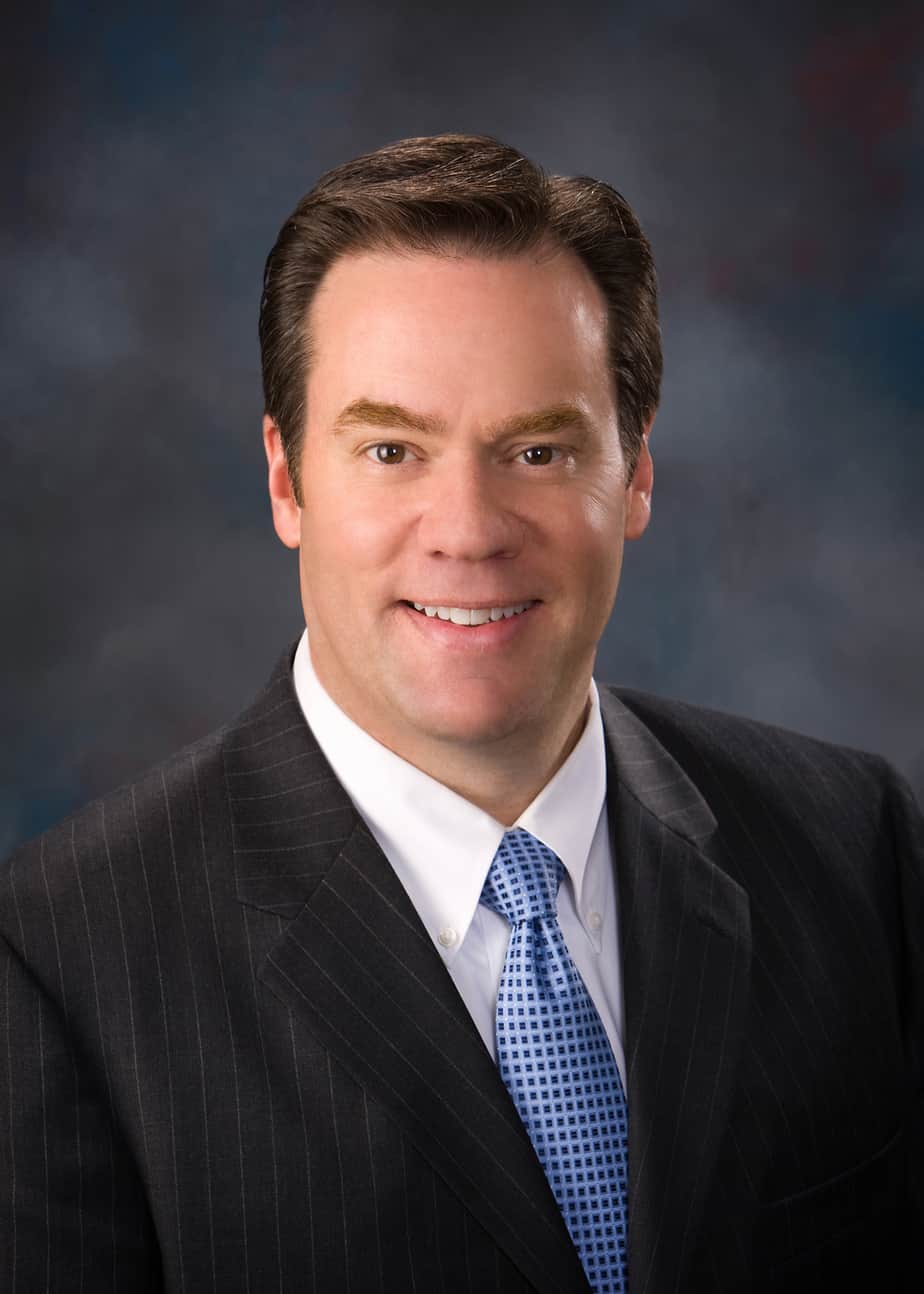


By Russ Fulcher
Idaho’s “state-based” health exchange isn’t “state-based” at all. It is a federal exchange, governed by federal law, operated by cooperating state employees. When Idaho leaders chose this path for health care, Idaho taxpayers were forced to swallow the federal bait (dollars), impaled on a hook of federal control. And Idaho officially became an invested partner in seeing President Barack Obama’s Affordable Care Act (ACA) succeed.
But decisions have ramifications, and this one is not turning out like Lewiston Tribune opinion-writer Marty Trillhaase says.
Let’s remember what the ACA truly is – a mandate that taxpayers purchase a product, whether they want it or not. That product (health insurance) must contain ingredients defined by the feds; like mandatory prenatal care for men, prostate care for women, and taxpayer funded abortifacients for everyone. It’s a mandate for employers to provide insurance to employees – a move that discourages full-time employment, and can make the difference between profit and loss, especially for small companies. It was deceptively “sold” to lawmakers as a way to get federal subsidies they would not otherwise receive. However, reality is that with an $18 trillion debt, federal money doesn’t exist, so it’s only a matter of time when partnering state taxpayers will have to pay the bill. But for sake of argument, let’s forget about subsidy and just talk policy:
What happens when the government subsidizes things - in this case, health care? Of course there’s a small number unable to help themselves that will benefit. But on a much grander scale, those who work end up paying for those who don’t. Those who perform get penalized, and those who choose not to work, game the system, and are in the country illegally – receive the benefit. In essence, the incentive of subsidy is used to discourage work and encourage illicit activity or non-productivity.
Then there’s the long-term impact on the health care system. When the government subsidizes health care, “demand” becomes endless, while nothing is done to encourage “supply” or quality thereof. How long will it be before the system is so laden with low-paying demand that overwhelmed providers become discouraged, quality decreases, our best and brightest choose not to be in the medical profession, and the system breaks down?
In short, the ACA does nothing to improve health care, access to it, or reduce costs. Partnering states like Idaho are hitting the accelerator to implement the long-term impact of the law – which is increasing reliance and relinquishing power to a federal government laden with debt and intoxicated with control.
We should tell the feds they can have their precious ACA. If they want their federal exchange so badly, they can run it themselves. In the meantime, we are going to create a superior free-market solution in Idaho. We can increase incentive for productivity and patient-control by offering tax-deferred health care savings accounts. We can utilize some of the taxpayer money traditionally slated for indigent care by encouraging strategically placed private clinics as an alternative to expensive emergency room use. We can reduce insurance rates via increased competition by allowing providers to operate across state lines. We can encourage “direct care pay” options whereby “health memberships” in a physician’s practice can be purchased, avoiding the need to buy an Obamacare policy and allowing the patient to pay a flat fee for a range of previously agreed-upon services.
Mr. Trillhaase has fallen prey to the same flawed thinking as congressional and state leaders that have forced this law down our throats. The government is not the solution to improving health care and reducing cost. Thanks to the ACA and partnering states, it is the problem.
Russ Fulcher is a former state senator, candidate for governor and currently serves on the board of the Idaho Freedom Foundation.


